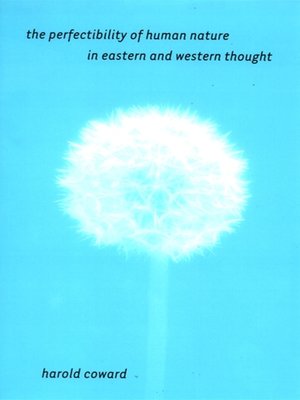The Perfectibility of Human Nature in Eastern and Western Thought
ebook ∣ SUNY Series in Religious Studies
By Harold Coward

Sign up to save your library
With an OverDrive account, you can save your favorite libraries for at-a-glance information about availability. Find out more about OverDrive accounts.
Find this title in Libby, the library reading app by OverDrive.



Search for a digital library with this title
Title found at these libraries:
| Loading... |
How perfectible is human nature as understood in Eastern and Western philosophy, psychology, and religion? Harold Coward examines some of the very different answers to this question. He poses that in Western thought, including philosophy, psychology, Judaism, Christianity, and Islam, human nature is often understood as finite, flawed, and not perfectible—in religion requiring God's grace and the afterlife to reach the goal. By contrast, Eastern thought arising in India frequently sees human nature to be perfectible and presumes that we will be reborn until we realize the goal—the various yoga psychologies, philosophies, and religions of Hinduism and Buddhism being the paths by which one may perfect oneself and realize release from rebirth. Coward uses the striking differences in the assessment of how perfectible human nature is as the comparative focus for this book.






